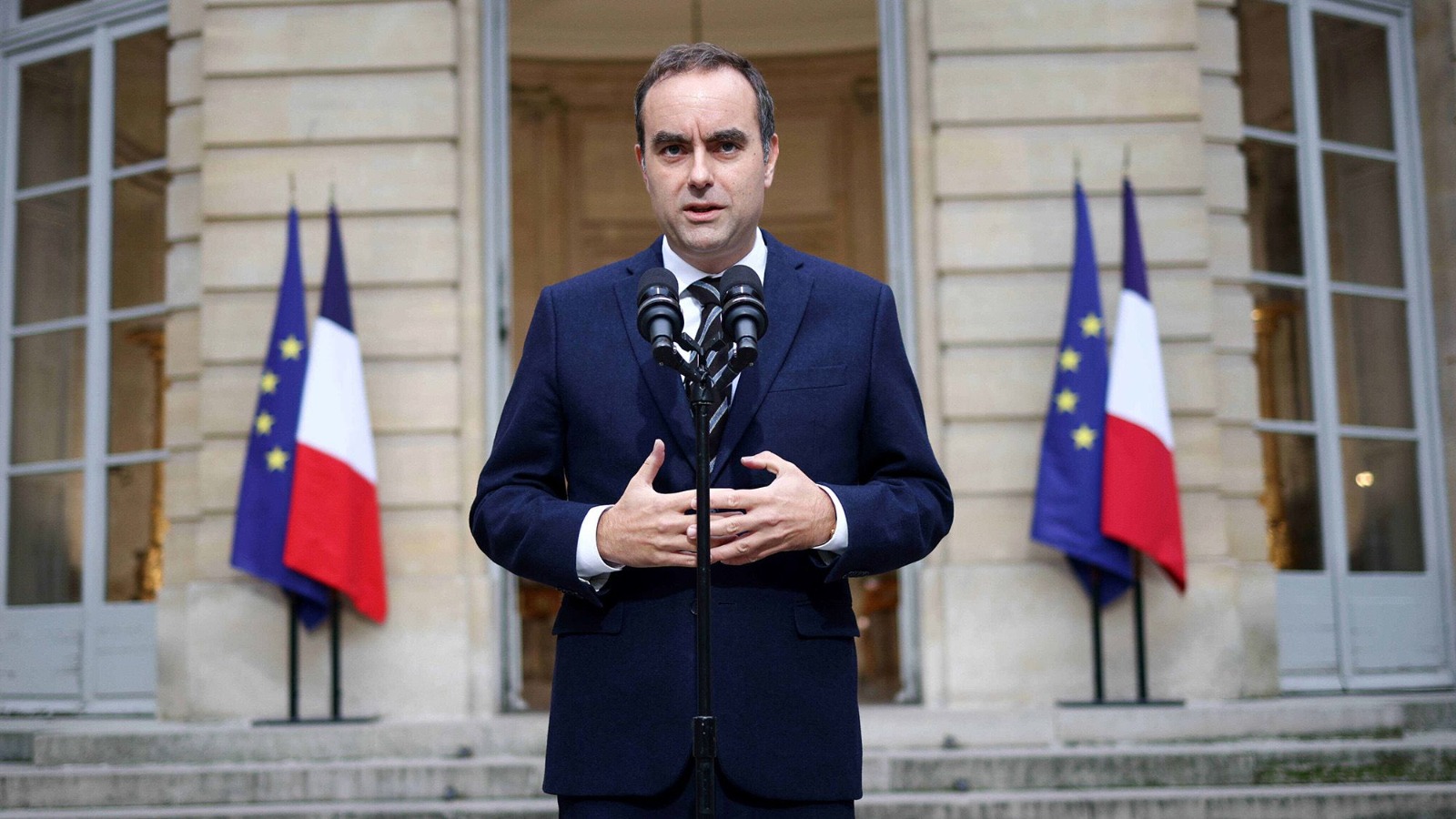Facing a political crunch, French Prime Minister Sébastien Lecornu told parliament he supports delaying the 2023 pension reforms, signaling a bid to secure his government amid looming confidence votes.
The reforms, which increased the retirement age from 62 to 64, have sparked intense debate and protests since their introduction.
"This autumn I will propose to parliament that we suspend the 2023 pension reform until the [2027] presidential election," Lecornu said, earning applause from left-wing members.
Lecornu, reappointed just days after resigning, must win over Socialist MPs to prevent his government from collapsing. Far-left and far-right opposition parties have scheduled censure votes on Thursday, pressing for parliamentary elections to resolve the deadlock.
The Socialists have made their support conditional on a total halt of the reforms.
Socialist MP Laurent Baumel warned on French television, "If he does not explicitly say the words 'immediate and complete suspension of the pension reform', it will be censure." He added, "He is holding his destiny in his own hands. He knows what he has do if he doesn't want to be the prime minister who resigns every week."
The pension reforms, which became law in March 2023, passed without a parliamentary vote through the constitutional 49:3 mechanism after months of strikes and demonstrations. Lecornu described the legislation last week as a "wound on democracy" that still resonates with the public.
On Tuesday, he cautioned that freezing the reforms would cost €400 million (£350 million) in 2026 and €1.8 billion (£1.57 billion) in 2027, costs that must be balanced with other savings.
Lecornu also faces the challenge of passing a budget that addresses a deficit projected at 5.4% of GDP and public debt nearing €3.4 trillion, one of the highest in Europe.
The move to halt the reform highlights Macron’s effort to avoid further political instability. Nobel laureate Philippe Aghion also endorsed the suspension, arguing that the disruption from another government collapse would be more costly.
"We're living through an era of crisis," Lecornu said. "Some people want the situation to turn into a regime crisis, but that won't happen." He committed to a "serious and reliable budget" and promised to end the repeated use of the 49:3 mechanism, emphasizing, "The government will propose, we will debate and you will vote." He insisted that parliament will have "the final word."
To mixed reactions, Lecornu suggested a working group to study pension matters, with conclusions due before the next presidential election. He stressed that any reversal of the reform must be financially balanced and should not worsen the deficit.
Marine Le Pen’s National Rally and Jean-Luc Mélenchon’s France Unbowed are leading the no-confidence calls, but they require centre-left support to succeed. RN’s Sébastien Chenu said, "We are not fooled by anything and cannot be bought. Hello and goodbye, Mr Prime Minister." Mathilde Panot of LFI added, "Nobody believes in you any longer."
Socialist leader Boris Vallaud hailed Lecornu’s announcement as a "victory." "The French were waiting for your statement and we were waiting for a sign that you'd heard them... The suspension of the pension reform: here it is at last."
With the backing of centrist and Socialist MPs, Lecornu may secure the votes needed for his budget, but any defection could jeopardize his position. Le Pen and Mélenchon continue to argue that elections are the only solution to the parliamentary deadlock from the 2024 snap elections.
The crisis peaked last week when Lecornu resigned only 26 days after being appointed, hours after naming his cabinet, before Macron reappointed him days later. The reshuffle is seen as an attempt to regain control of a fragmented National Assembly, split into three factions, after two prime ministers recently failed to pass budgets.
